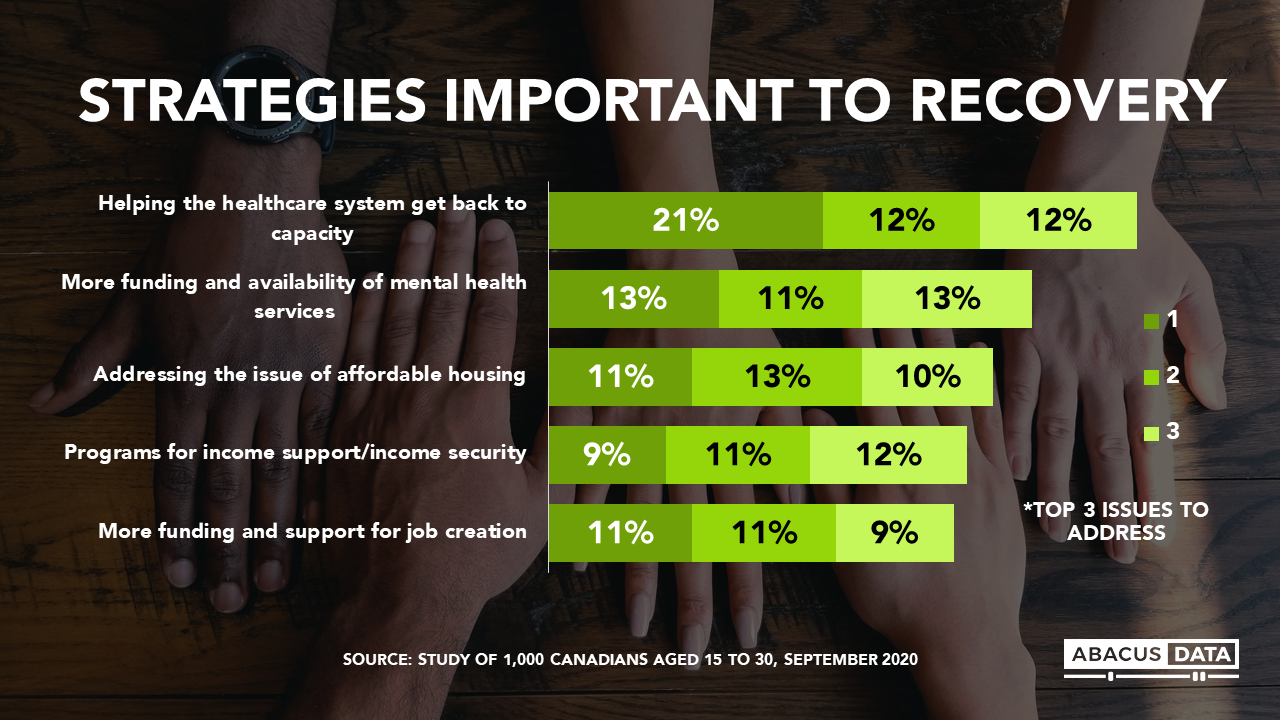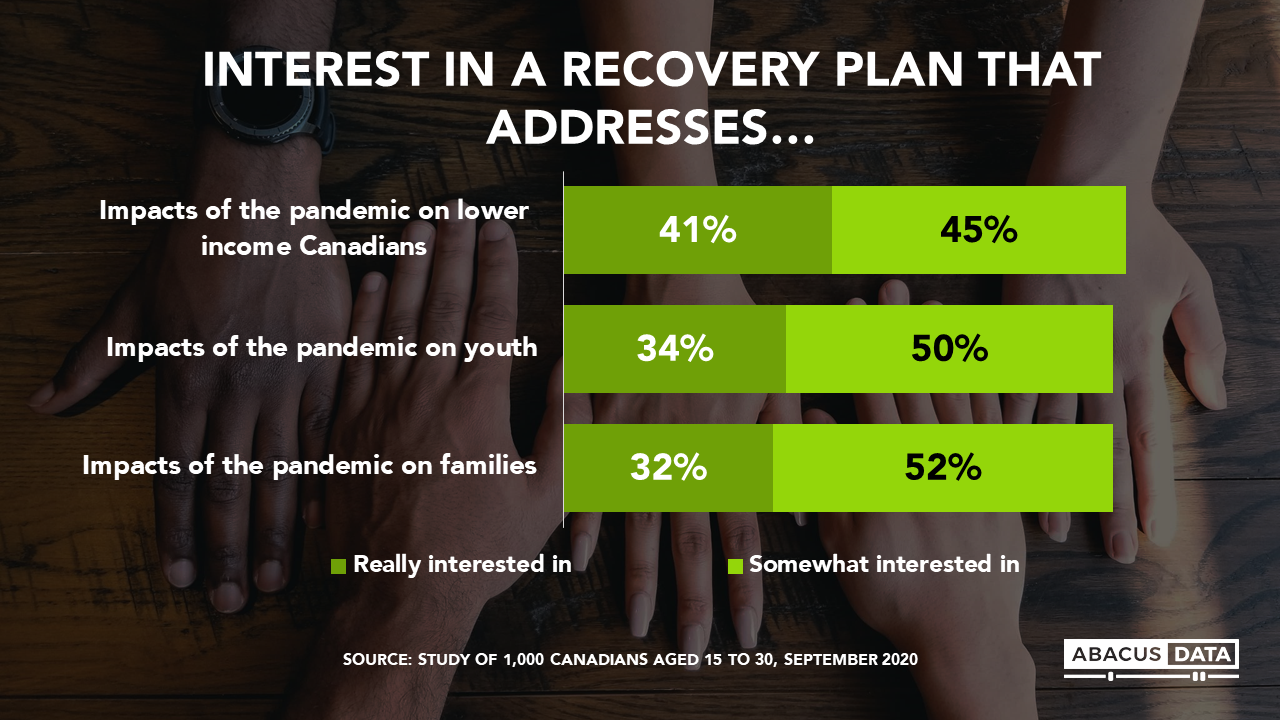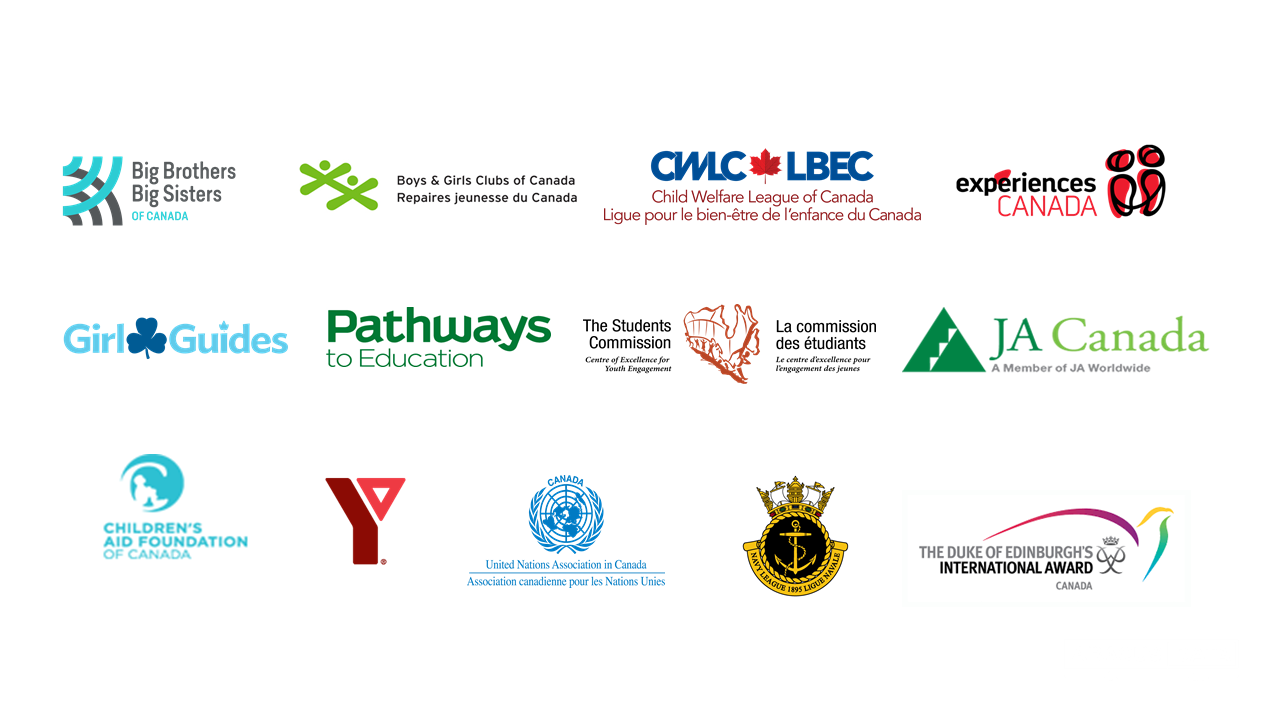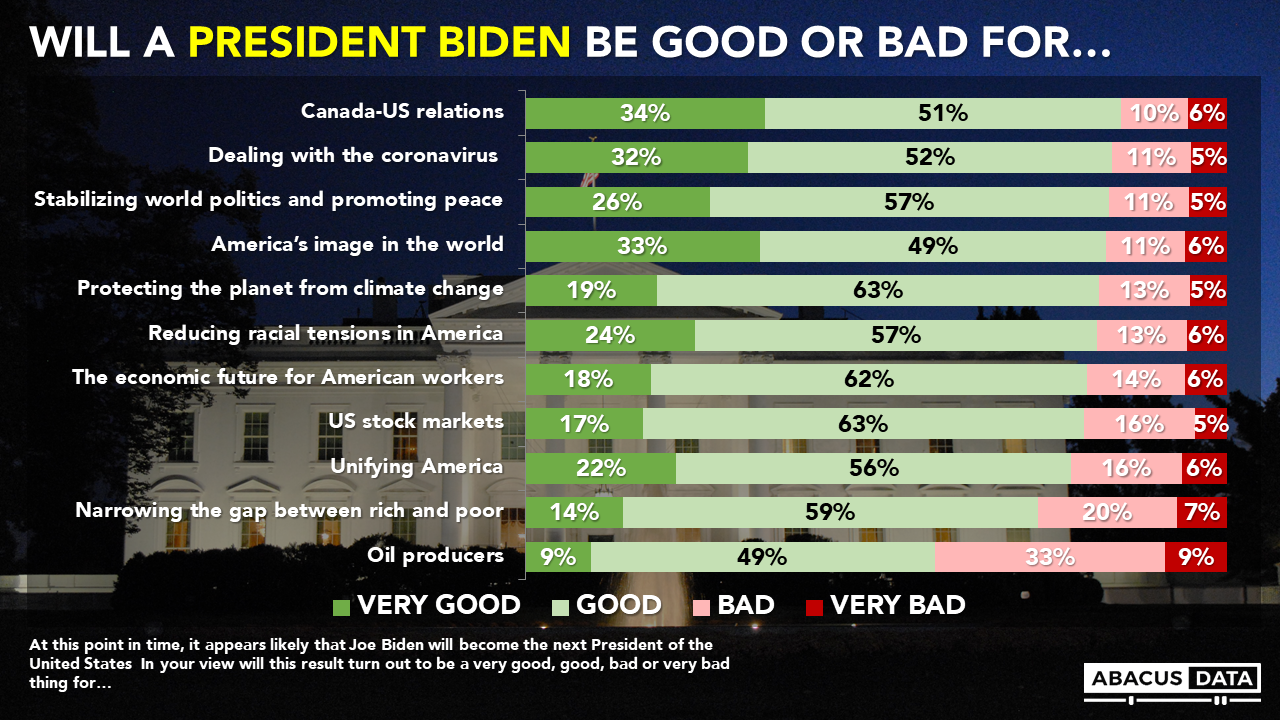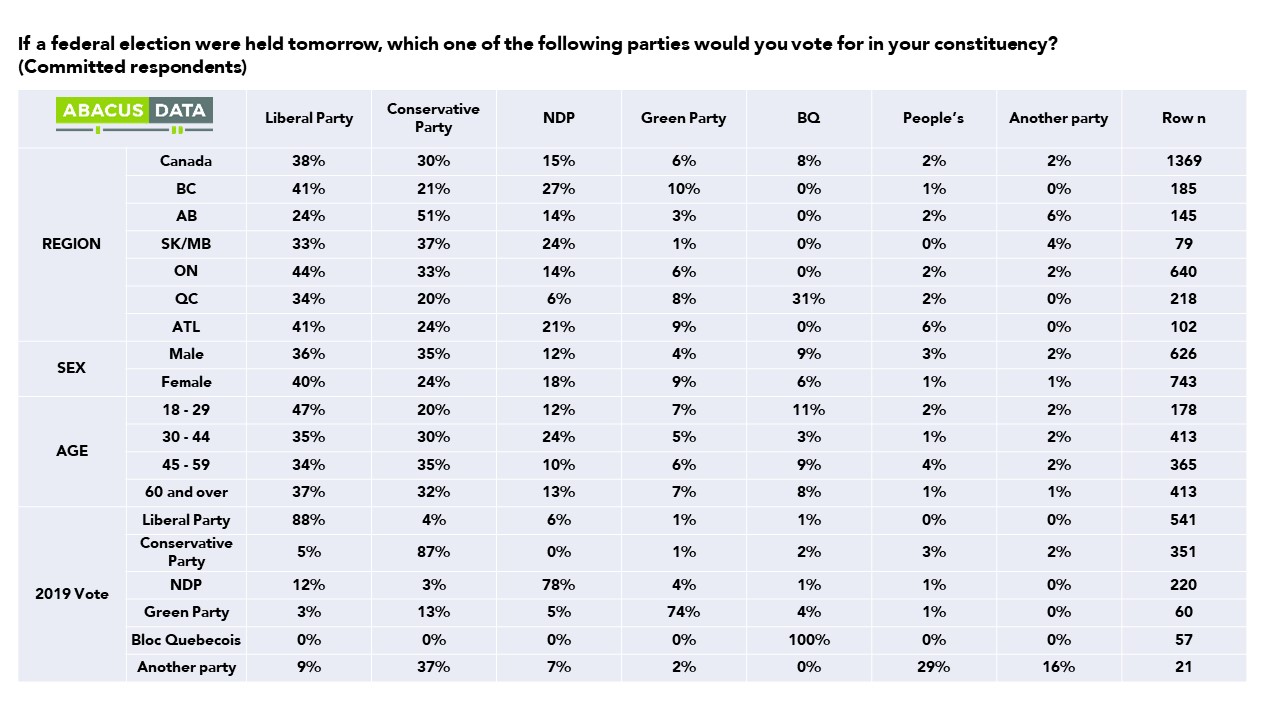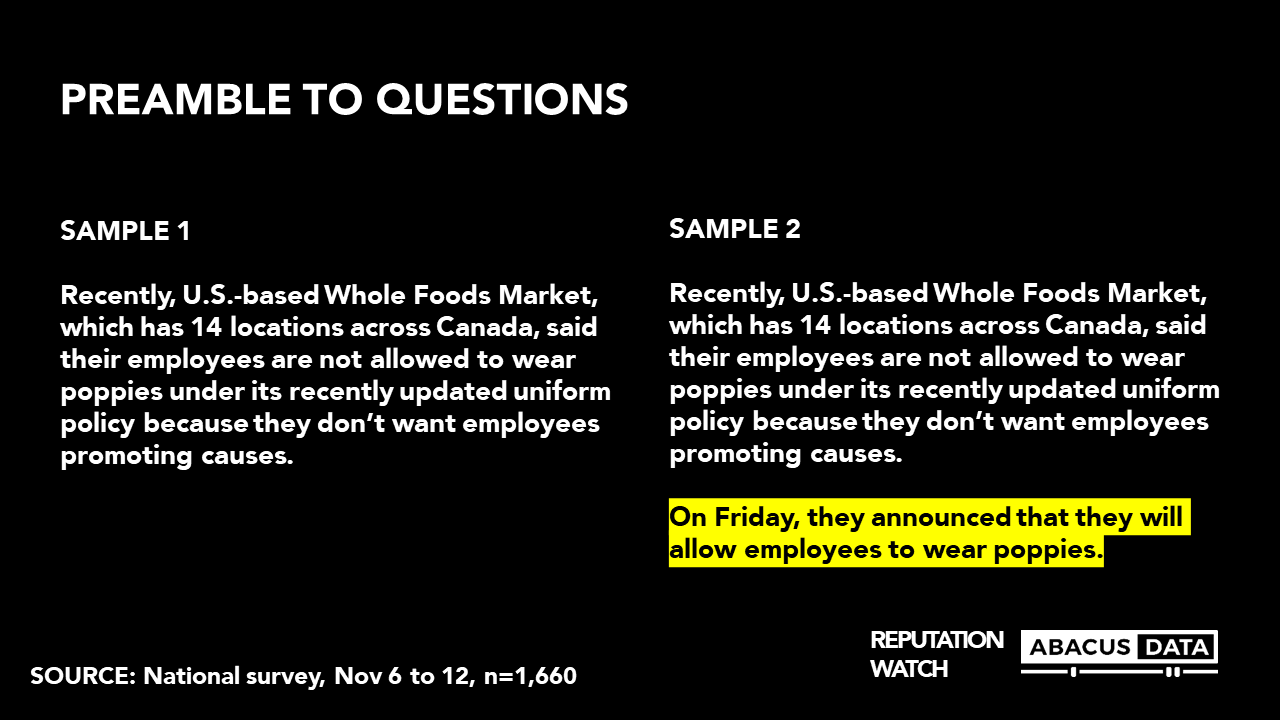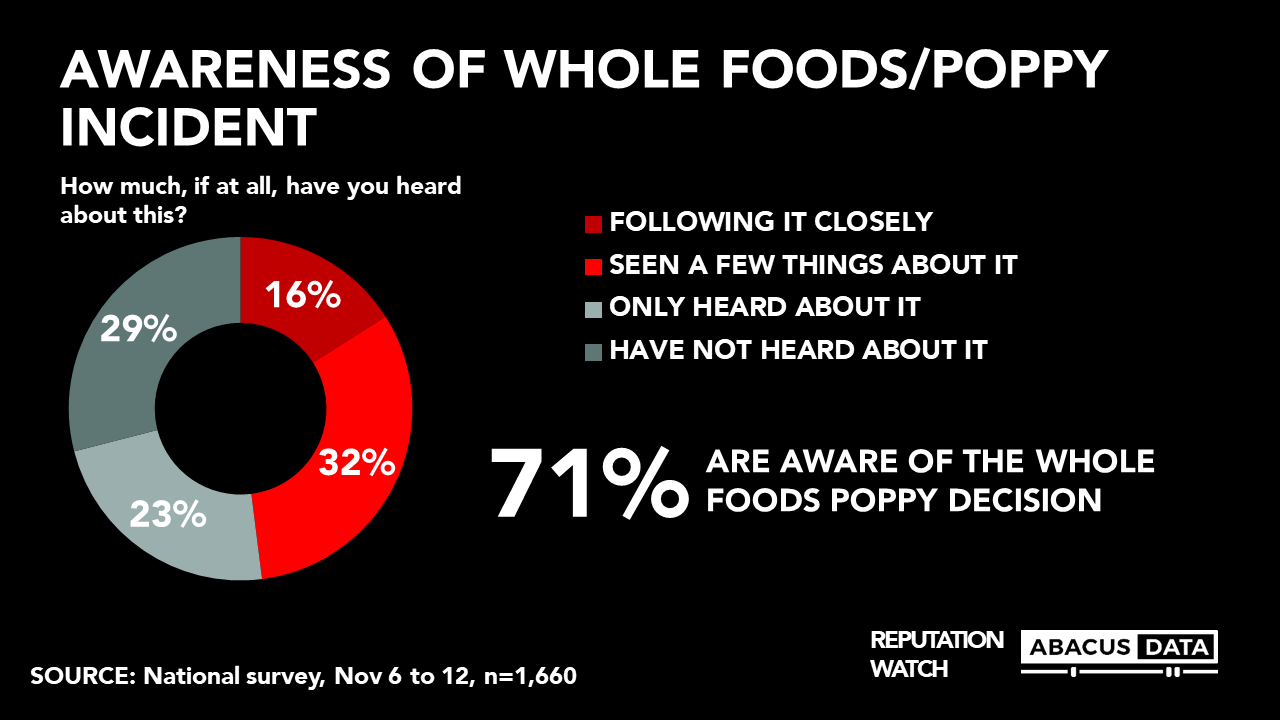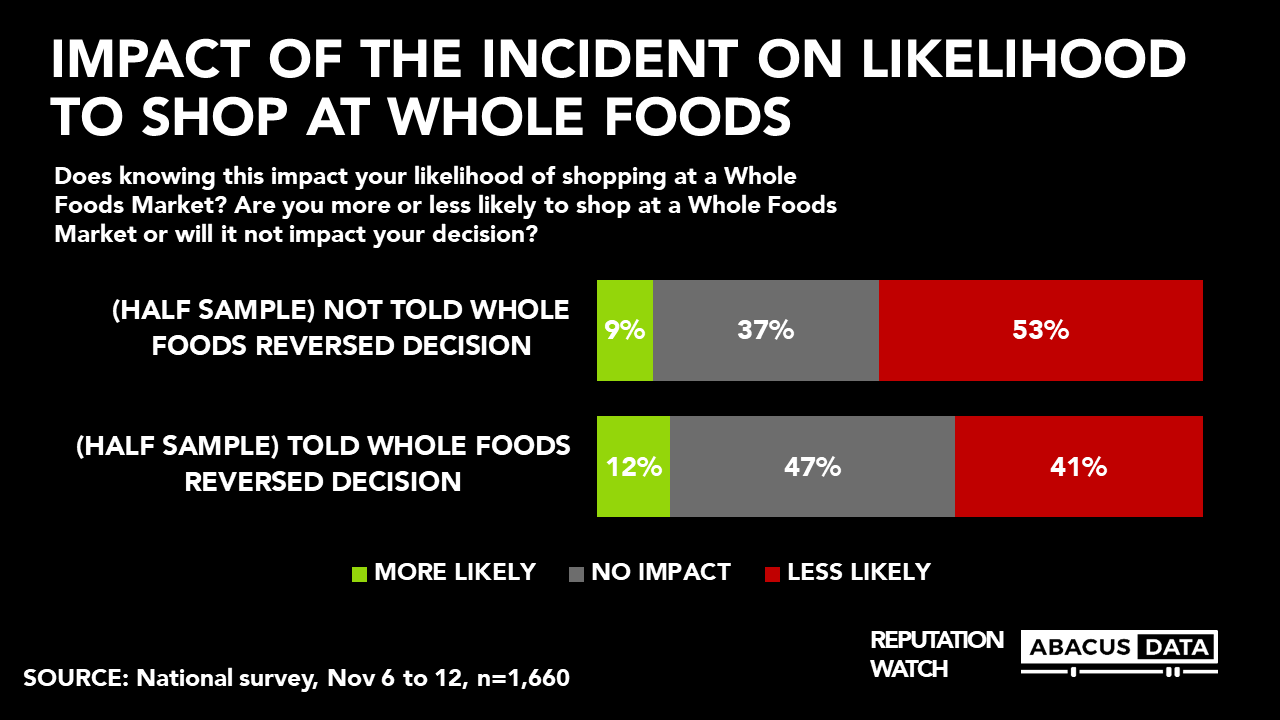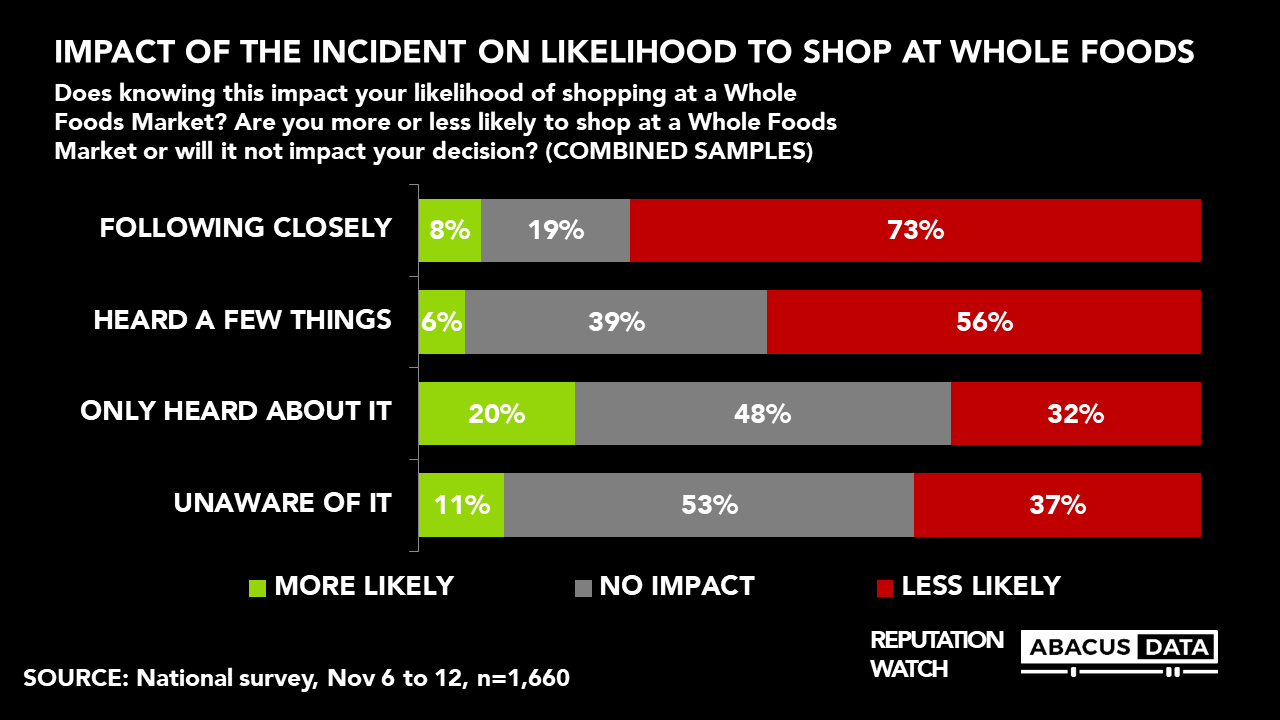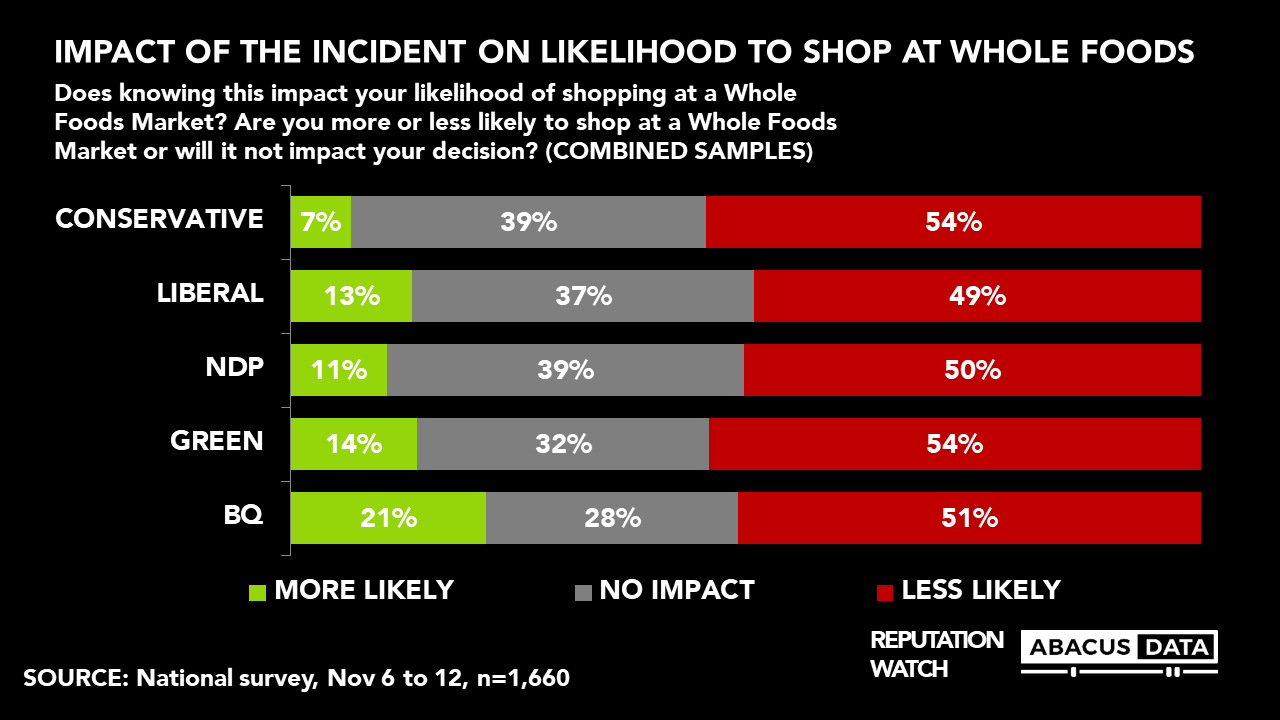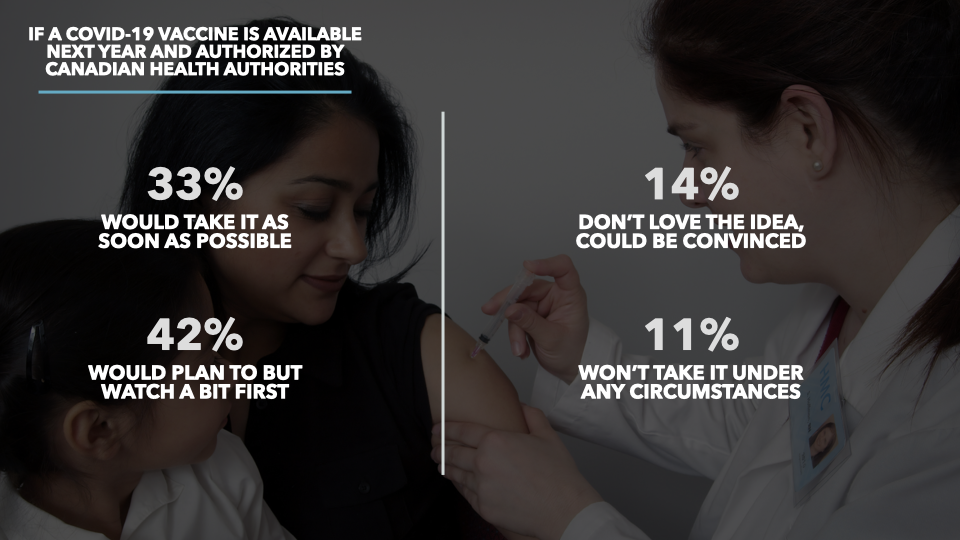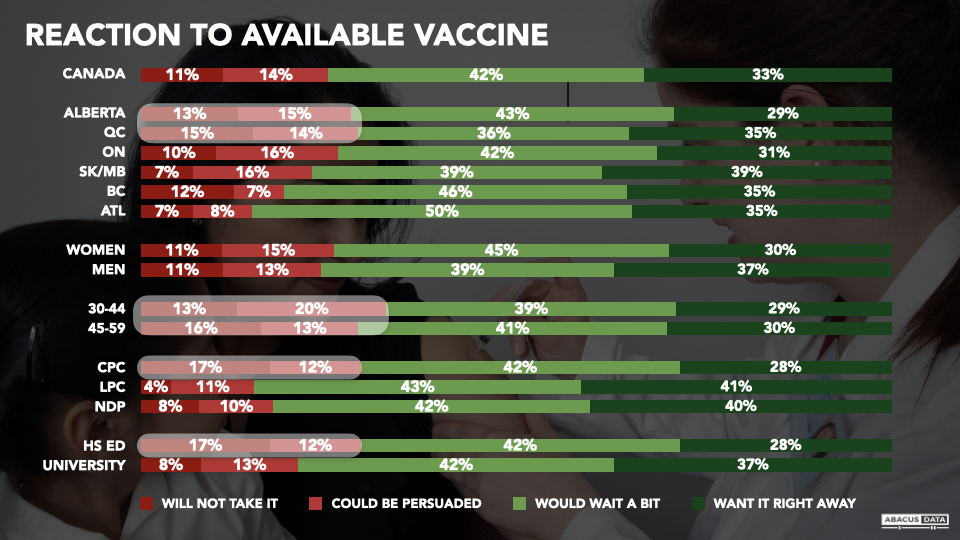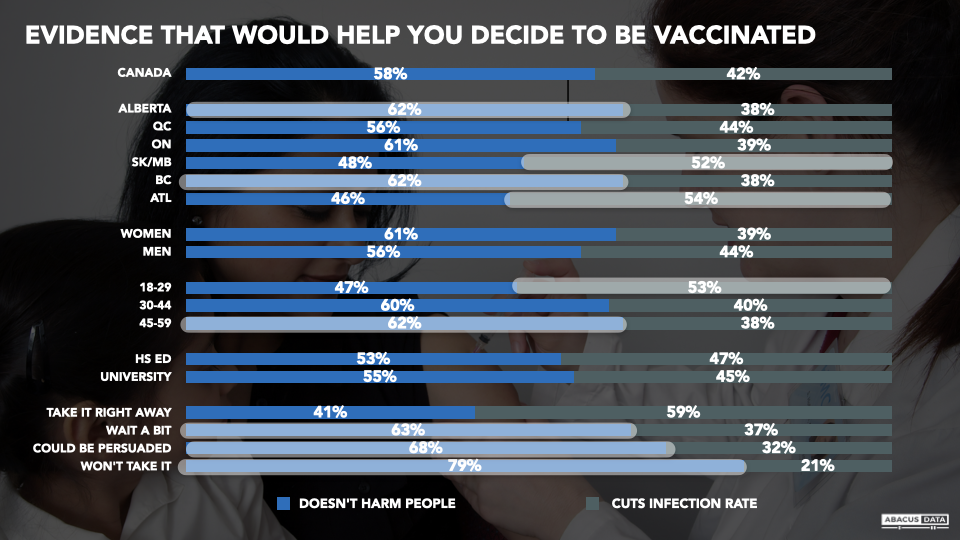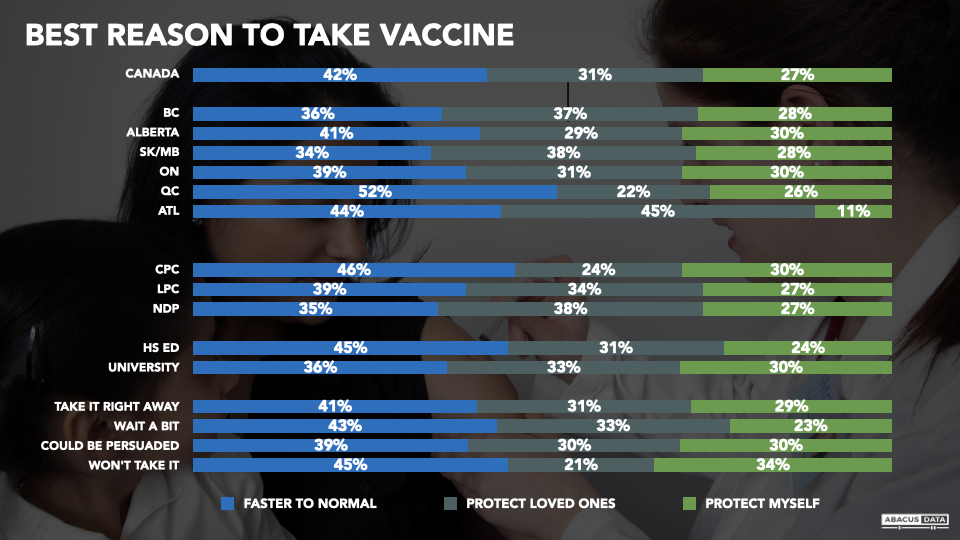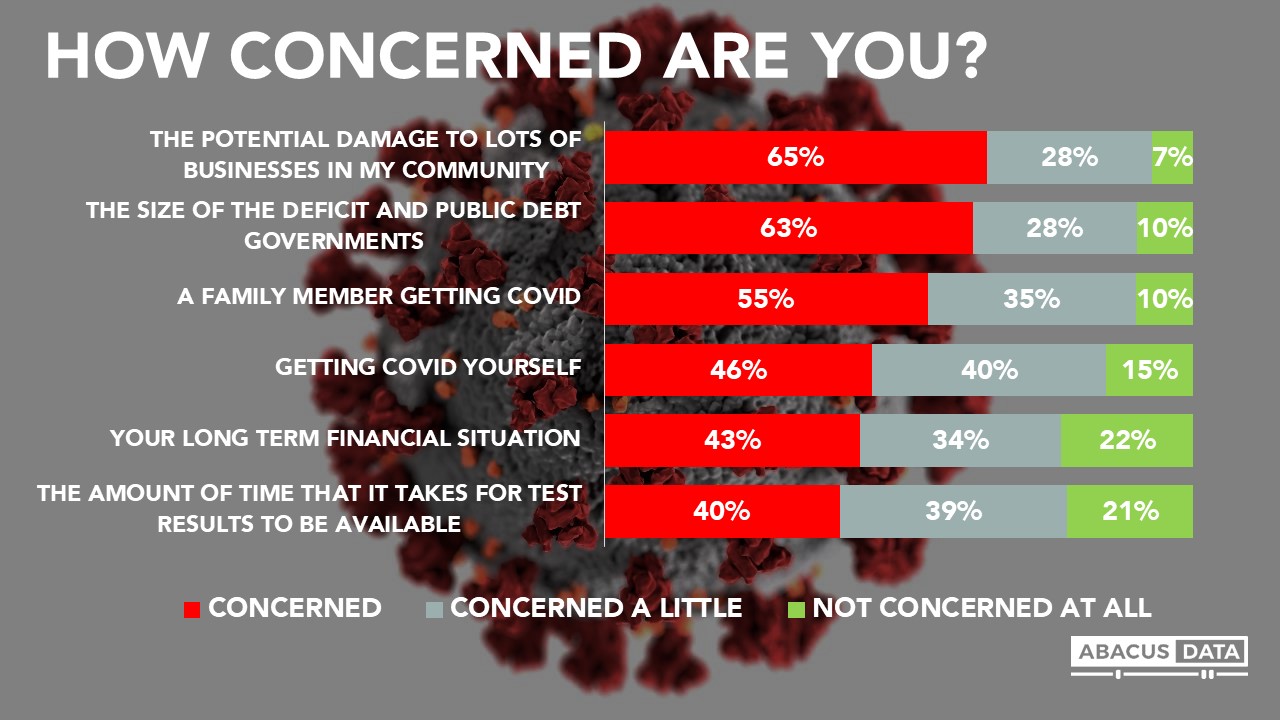Mental and emotional strain of COVID-19 becoming key risk for many Canadians
Canadians generally believe that the authorities who make the COVID-19 rules for where they live and work are finding the right balance in terms of mitigating health, economic and mental health risks, except in the Prarie provinces.

Across the country, 58% say authorities are handling that challenge well, 33% poorly. However, in Alberta, 49% offer a poor rating compared to 40% who offer a positive reaction. Numbers in Saskatchewan and Manitoba are similar.

THE HEALTH RISK
When it comes to limiting the health risks of the pandemic, 58% say authorities have been putting the right amount of emphasis on this area. Only 12% believe too much effort is being put into the fight to spread infections, while more than twice that number (30%) would like to see more effort.
Again, the Prairie provinces stand out as the place in the country where the largest number of people think more needs to be done to fight the health risks. In Alberta, for example, only 12% think too much effort is being applied, compared to 45% who say authorities are doing too little.

THE ECONOMIC RISK
In terms of limiting the economic risks of the pandemic, 53% say authorities have been putting the right amount of emphasis on this area. One in five (20%) believe too much effort is being put into efforts to limit the economic damage, while 27% would like to see more effort.
Regionally Alberta is the high watermark in terms of people wanting more effort, with 41% wishing more was being done to limit the economic harm of the pandemic.

THE MENTAL HEALTH RISK
Of the three different types of risk, we measured, mental health was the area where people seem most anxious to see more done by authorities. While 46% say the right amount of effort is being applied, only 12% say too much effort is applied today, and a much larger 43% say too little is being done.
In this instance, the desire to see more done is elevated in every part of the country, except in Quebec.

If we compare the responses to each of these three probes what is clear that efforts to help manage the mental health strains of the pandemic are emerging as an urgent priority for the largest proportion of people, compared to the economic and health risks.

UPSHOT
According to Bruce Anderson: “Very few Canadians are looking for authorities to lighten efforts to combat the virus. Throughout the pandemic, Canadians have shown more patience than frustration with governments and how this unique situation has been handled and for the most part that continues to be the case. At the same time, frustration is clear in the Prairie provinces, where significant numbers of people want more effort applied by authorities.
In addition to this finding of frustration in the Prairies, the other thing which stands out in these numbers is that the combination of health fears, social disruption, economic anxiety are weighing on Canadians as we head into the winter. They recognize the risks to mental health and feel more attention must be applied to that challenge, presumably by governments but also by being attentive to each other and looking for signs of people needing help, and helping where they can.”
According to David Coletto: “Most Canadians feel authorities are handling the rules around the pandemic well. But the national numbers overshadow some sharp regional differences. Those in Alberta, Saskatchewan, and Manitoba are most likely to give authorities failing grades. In contrast, Atlantic Canadians feel the most positive about their leaders’ performance when finding the right balance in the COVID-19 restrictions and advice.
As concern about the pandemic continues to grow (53% still believe the worst is yet to come), most Canadians remain deeply concerned about the risk and the consequences of the virus spreading without much control. As they brace for further COVID restrictions and a long winter, mental and emotional health is becoming more important and demands for governments to respond will grow.”
ABOUT ABACUS DATA
We are the only research and strategy firm that helps organizations respond to the disruptive risks and opportunities in a world where demographics and technology are changing more quickly than ever.
Find out more about what we are doing to help clients respond to the COVID-19 pandemic.
We are an innovative, fast-growing public opinion and marketing research consultancy. We use the latest technology, sound science, and deep experience to generate top-flight research-based advice to our clients. We offer global research capacity with a strong focus on customer service, attention to detail and exceptional value.
We were one of the most accurate pollsters conducting research during the 2019 Canadian Election.

Contact us with any questions.
Find out more about how we can help your organization by downloading our corporate profile and service offering.
METHODOLOGY
The survey was conducted with 1,660 Canadian adults from November 6 to 12, 2020. A random sample of panellists was invited to complete the survey from a set of partner panels based on the Lucid exchange platform. These partners are typically double opt-in survey panels, blended to manage out potential skews in the data from a single source.
The margin of error for a comparable probability-based random sample of the same size is +/- 2.5%, 19 times out of 20.
The data were weighted according to census data to ensure that the sample matched Canada’s population according to age, gender, educational attainment, and region. Totals may not add up to 100 due to rounding.

